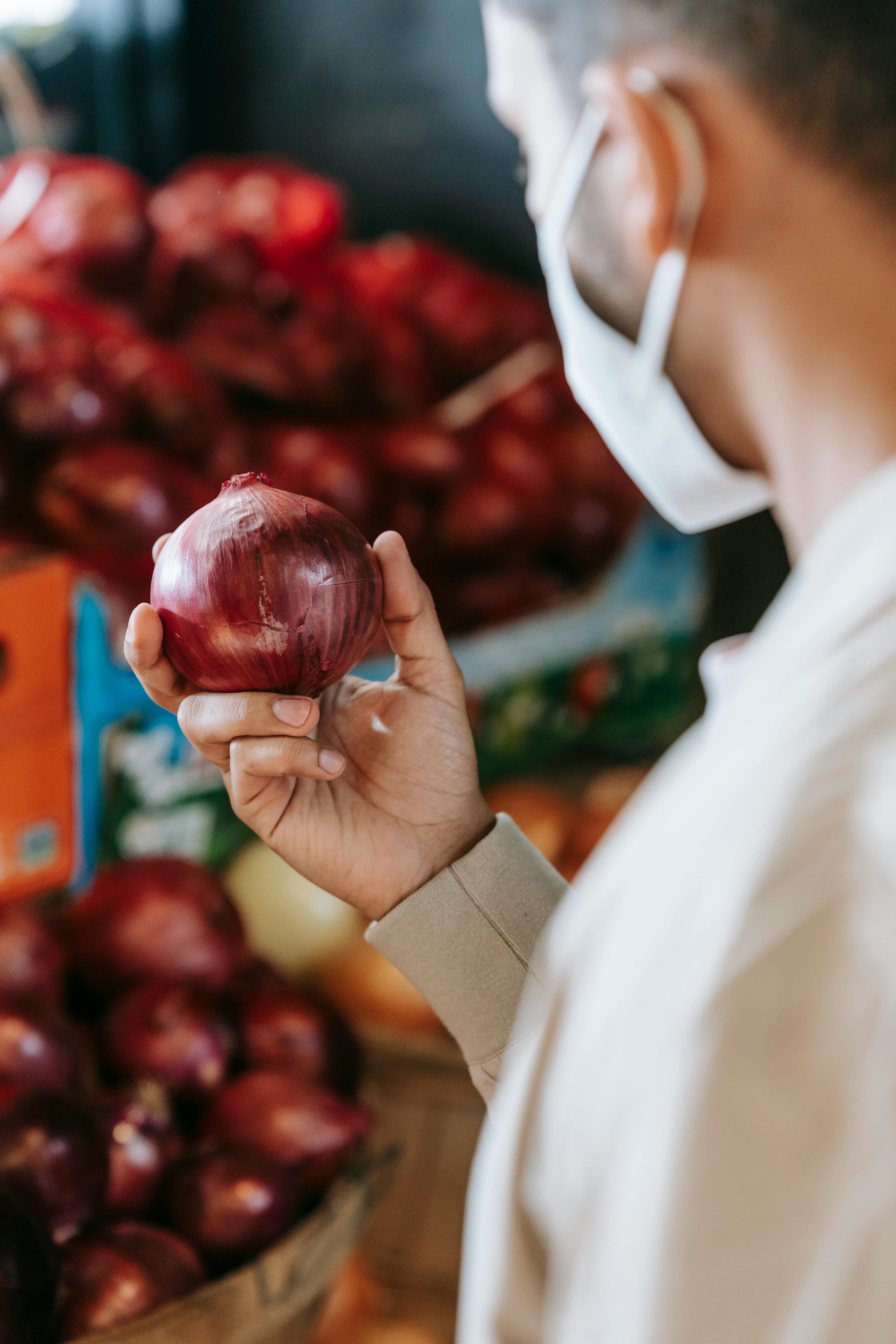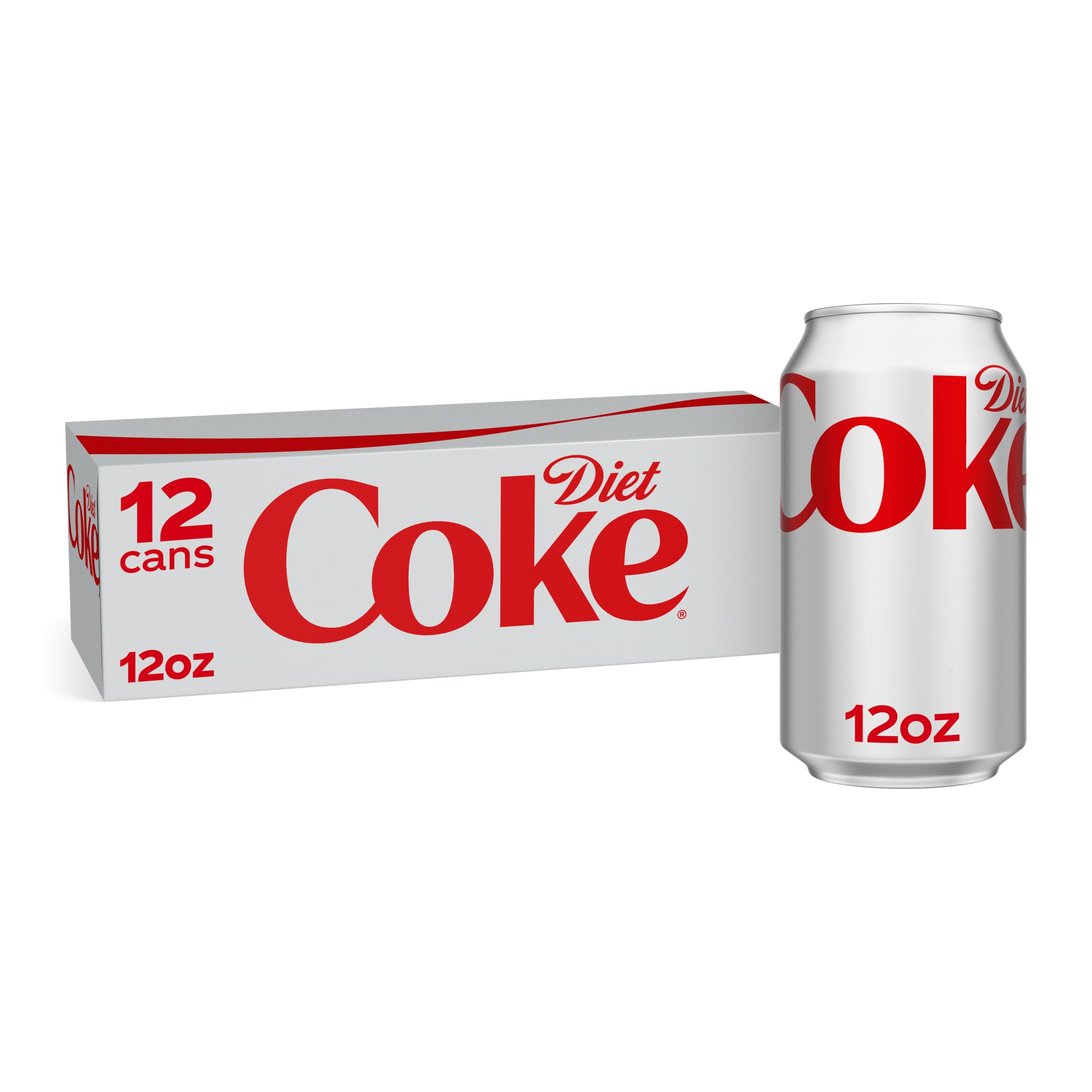
Effective Ways to Navigate a Hypoglycemia Diet for Optimal Wellness
Navigating a hypoglycemia diet in 2025 presents unique opportunities for those looking to optimize their wellness. By understanding how to manage blood sugar effectively, you can experience enhanced energy levels and overall health. This article will guide you through practical tips, food choices, planning strategies, and lifestyle habits essential for those on a hypoglycemia-friendly meal plan. Let's explore the required steps to managing hypoglycemia while still enjoying satisfying meals.
Understanding Foods for Hypoglycemia
When planning a hypoglycemia diet, knowing which foods to prioritize is crucial. Focus on low glycemic foods as they promote gradual rises in blood sugar, avoiding sudden spikes and drops. Foods rich in dietary fiber can help stabilize blood sugar levels; they slow digestion and give a more even energy release. Incorporating nutrient-dense foods such as leafy greens, lean proteins, and healthy fats can provide the body with essential nutrients while aiding in blood sugar control.
Food Choices for Optimal Blood Sugar Control
Incorporating foods that work well within a low blood sugar diet is essential. Focus on complex carbohydrates like whole grains, legumes, and starchy vegetables which break down slowly in the body. Remember that not all carbs are created equal; understanding the types of carbohydrates can make a significant difference. Whole grain oats, quinoa, and beans are great additions to your eating for stable blood sugar. Besides complex carbs, high-quality sources of protein, such as chicken, fish, and legumes, play a vital role in maintaining blood sugar control.
Recommended Snacks for Hypoglycemic Patients
Having healthy snacks readily available is key to preventing low blood sugar episodes. Snacks for hypoglycemic patients should combine protein and complex carbohydrates, such as apple slices with almond butter or whole-grain crackers with cheese. These combinations help create a balanced intake that keeps blood sugar levels steady throughout the day. It's also beneficial to explore hypoglycemia-friendly recipes that include healthy fats; think avocado toast on whole-grain bread or trail mix made with nuts and seeds.
Building a Hypoglycemia Meal Plan
A structured hypoglycemia meal plan not only supports stable blood sugar but simplifies the entire dietary process. By developing short, medium, and long-term meal planning strategies, you equip yourself with essential tools to avoid sudden cravings or dips in energy. Consider focusing on portion control, as this approach prevents both overeating and undereating, which can destabilize your blood glucose levels.
Meal Prep Strategies for Hypoglycemia
Meal prep is an excellent strategy for managing hypoglycemia; by cooking healthy meals in advance, you can control portions, nutritional quality, and blood sugar balance. Create a meal prep schedule that allows you to batch cook lean proteins, vegetables, and whole grains, ensuring you have nutritious meals ready to go. Incorporate a variety of healthy meals for blood sugar that rotate throughout the week, ensuring your palate stays excited and engaged without compromising your dietary needs.
Meal Timing and Eating Schedules for Hypoglycemia
Understanding meal timing for hypoglycemia is essential for effective management. Establishing a consistent eating schedule prevents long gaps between meals, which can lead to dips in blood sugar. Aim for smaller, balanced meals every 3-4 hours, allowing your body to have a steady source of fuel. Keeping a hypoglycemia food list handy can be a great reminder of which foods you are comfortable incorporating into your dietary routine.
Preventing and Managing Hypoglycemia
The ultimate aim for those undergoing a hypoglycemia diet is to minimize episodes while promoting overall well-being. Besides food choices, lifestyle changes are pivotal components—the role of hydration is often overlooked but plays a considerable part in blood sugar management. Proper hydration supports metabolic processes and can improve the body’s overall regulation of blood sugar. Aim for adequate water intake and explore hydration tips that can complement your diet.
Mindful Eating Techniques for Blood Sugar Stability
Mindful eating is a highly regarded approach in the management of hypoglycemia. By taking the time to focus on your meals, you can be more aware of what you are consuming, which in turn influences your overall well-being. This practice can lead to better choices and assist in preventing overeating or making impulsive decisions around foods that can spike your blood sugar.
Understanding Stress Management for Hypoglycemia
Stress can significantly impact your blood sugar levels. Therefore, implementing effective stress management techniques, such as breathing exercises, yoga, or engaging in hobbies, can change your physiological response and contribute to better blood sugar control. Addressing emotional factors surrounding food, such as emotional eating or cravings, ensures a holistic approach to managing hypoglycemia effectively.
Key Takeaways
Successfully navigating a hypoglycemia diet in 2025 necessitates understanding effective food choices, meal planning, and overall lifestyle habits. Prioritize low glycemic and nutrient-dense foods, develop a practical meal plan with timely eating schedules, and incorporate mindful techniques for food. Furthermore, don’t overlook the influence of hydration and stress management in maintaining balanced blood sugar levels. Set yourself on a path to improved wellness with these practices to counter hypoglycemia effectively.
FAQ
1. What are the best foods for managing hypoglycemia?
To manage hypoglycemia effectively, it's essential to include low glycemic foods, complex carbohydrates, and high-quality proteins in your diet. Foods like whole grains, legumes, nuts, and lean meats are paramount. Incorporating fruits for hypoglycemia, such as berries and apples, paired with protein sources like yogurt or nut butter can also be beneficial.
2. How can meal timing influence hypoglycemia?
Correctly timing your meals can greatly impact blood sugar stability. Eating smaller, frequent meals every 3-4 hours allows for a steady release of energy and minimizes the risk of drops in blood glucose. This proactive strategy can significantly contribute to preventing hypoglycemia and maintaining optimal wellness.
3. Are there specific snacks that help prevent low blood sugar levels?
Yes! Healthy snacks should combine proteins and carbohydrates. Examples include a hard-boiled egg with whole-grain toast or hummus with carrot sticks. These combinations help create a balanced intake that stabilizes blood sugar levels, ensuring you avoid multiple lows throughout the day.
4. What role does hydration play in managing hypoglycemia?
Hydration is essential in managing hypoglycemia as it directly influences metabolic processes and can improve how effectively your body regulates blood sugar levels. Staying well-hydrated enhances overall health and can lead to healthier eating patterns, further assisting in managing your symptoms.
5. How can stress management techniques help with hypoglycemia?
Stress management techniques help regulate blood glucose fluctuations by reducing cortisol levels, which can lead to higher blood sugar levels. Techniques such as meditation, yoga, and regular physical activity can significantly contribute to better blood sugar control, making them essential components of a comprehensive hypoglycemia management plan.

